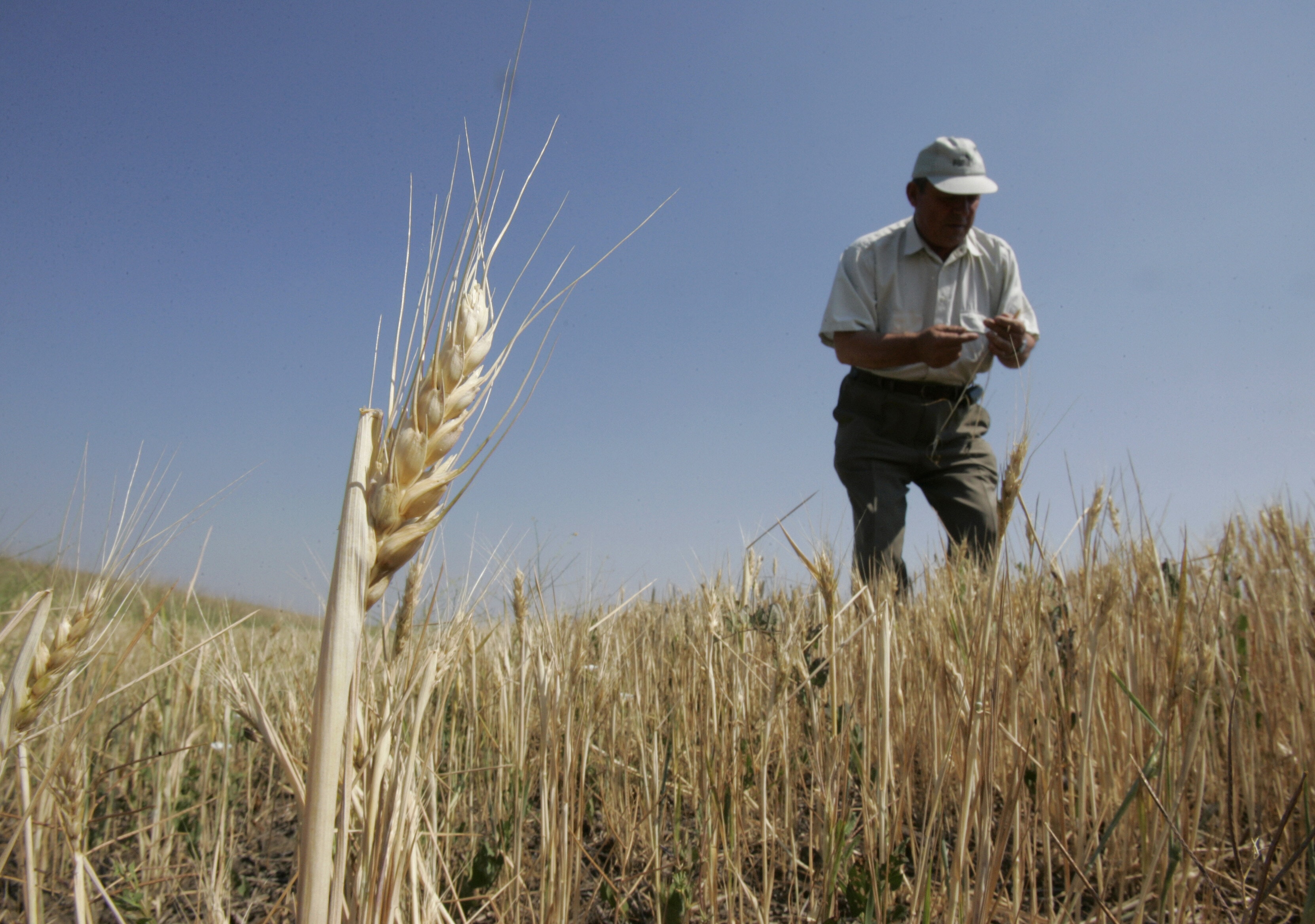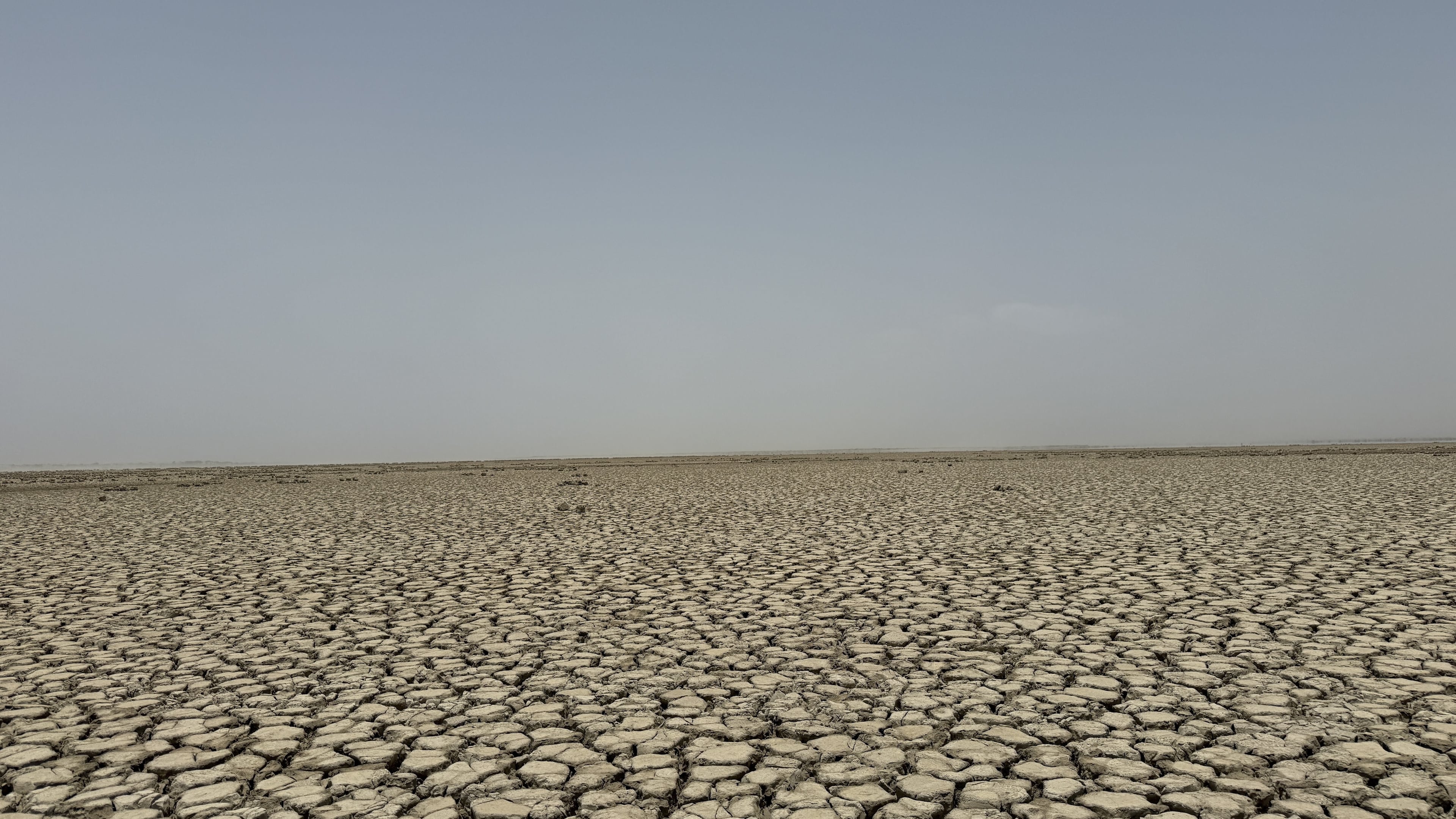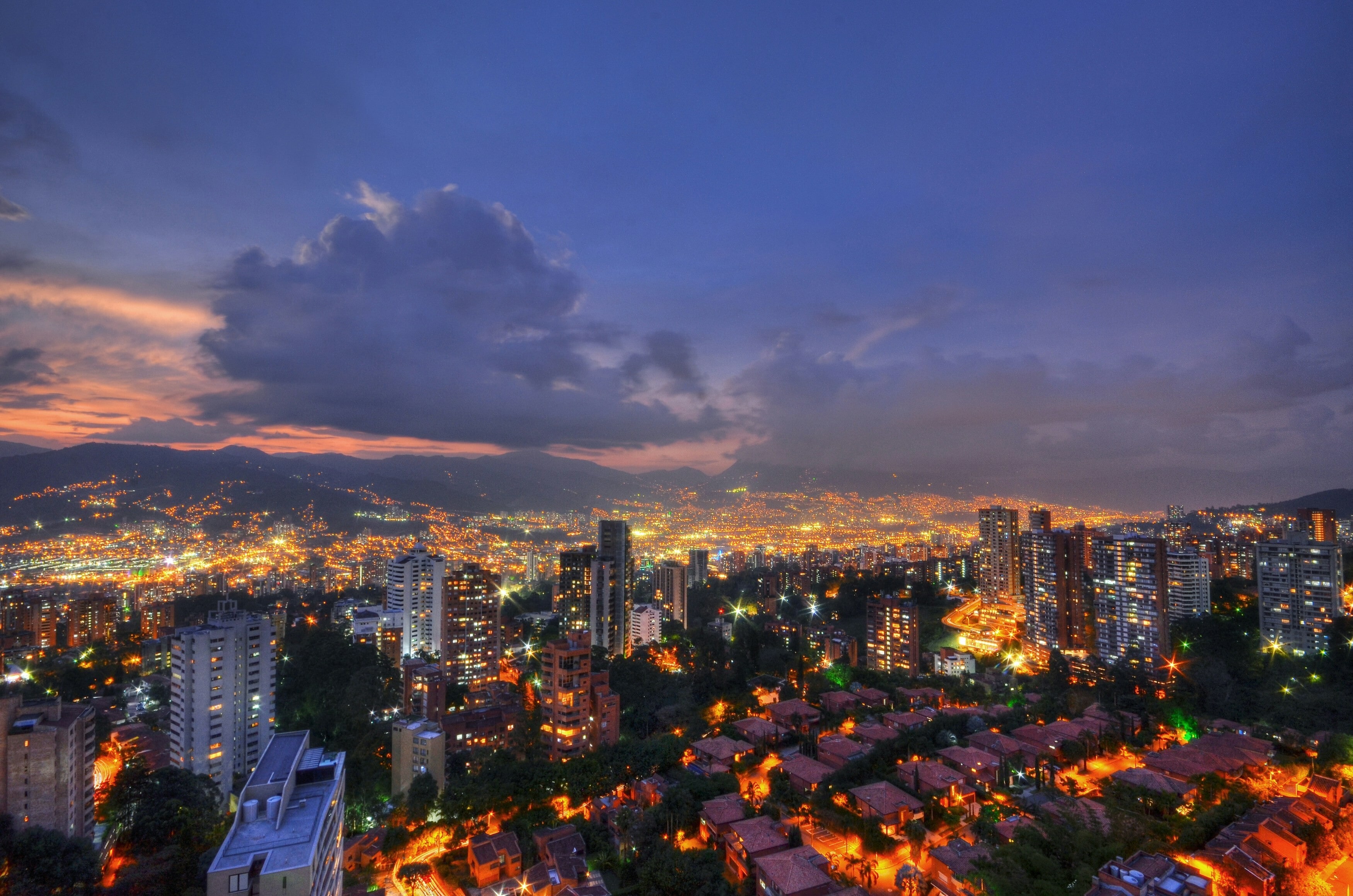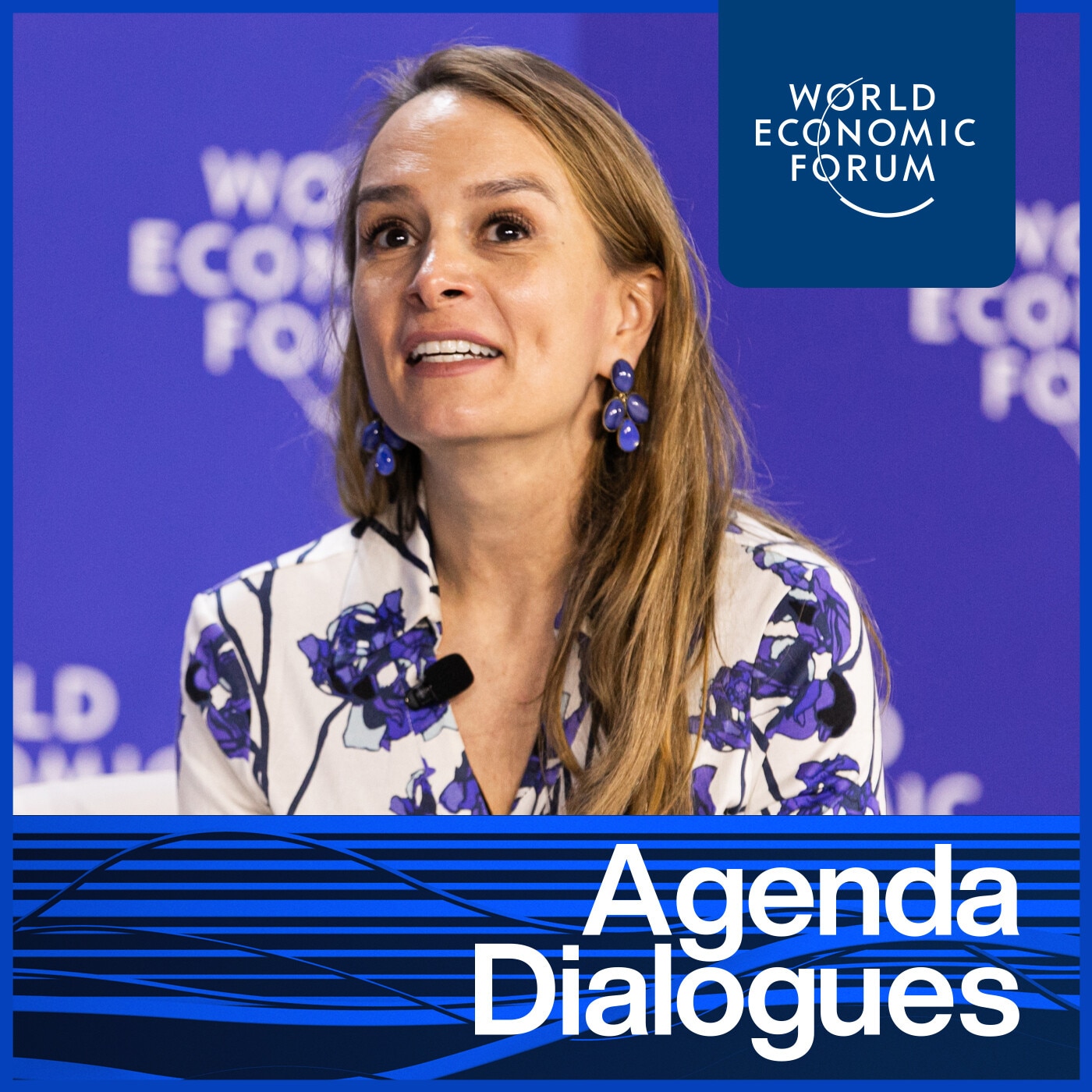Olaf Scholz at Davos Agenda - key quotes from Germany's Federal Chancellor

'Change only works if it is by the people, for the people.' Olaf Scholz at Davos Agenda.
Image: World Economic Forum/Pascal B
Stay up to date:
Germany
Listen to the article
- Olaf Scholz, Federal Chancellor of Germany, spoke at the Davos Agenda 2022 on 19 January.
- Topics included Germany's path to net zero, the G7 strategy on climate action, equitable recovery from the COVID-19 crisis and international cooperation.
- Here are some of the highlights from his special address.
"We will no longer wait for the slowest and least ambitious. We'll turn climate from a cost factor to competitive advantage."
These are words from Germany’s new Federal Chancellor, Olaf Scholz, speaking in a special address at the virtual Davos Agenda event this week, where he called for a ‘paradigm shift’ in how the world approaches climate policy.
The former Hamburg mayor, who replaced Angela Merkel as chancellor in December, has an ambitious mandate for transformation in Germany, from decarbonizing and digitizing the economy to pulling the country out of the COVID-19 crisis.
Olaf Scholz's speech at the Davos Agenda on Wednesday - a state-of-the-world message with an eye on the months ahead - offered a cautiously optimistic assessment of international cooperation, trust and progress. Here are some of the highlights.
Accept our marketing cookies to access this content.
These cookies are currently disabled in your browser.
Olaf Scholz on the COVID-19 crisis
To the German chancellor, working together is key. In reference to tackling COVID-19, he quotes author Yuval Harari: “The big advantage we have over viruses is we can cooperate in ways they can’t, and we do.”
But without international cooperation over a worldwide immunization campaign, Scholz warns that the world will “soon run out of letters in the Greek alphabet for new variants of the virus”.
The chancellor is the chair of the G7 and says the community will focus on improving national health infrastructure, including in the global South. He calls for nations to work together to support a global vaccination campaign, which he terns as “the booster shot our economies need”.
Accept our marketing cookies to access this content.
These cookies are currently disabled in your browser.
Olaf Scholz on climate action
Germany wants to reach the goal of carbon neutrality by 2045 – “which leaves us less than 25 years to reach net zero”. It’s a "monumental task but one that we will master. Europe offers openness and liberal societies that support innovation," Sholz says.
We are on course towards greater technological serenity, and a global shift towards a sustainable graph will give Europe a first-mover advantage.
”The G7 will form the nucleus of a climate action club and will “no longer wait for the slowest and least ambitious”. Instead the community will lead by example, turning a cost factor into a competitive advantage by agreeing on joint minimum standards.
Accept our marketing cookies to access this content.
These cookies are currently disabled in your browser.
Among the priorities of this climate club will be to work on a common understanding of what "green hydrogen" is, says the chancellor. Coordinating investments will be key to creating a reliable global supply. "The mutual benefits are obvious."
Accept our marketing cookies to access this content.
These cookies are currently disabled in your browser.
Olaf Scholz on progress versus prosperity
In his address, the chancellor calls for unity and mutual respect in the face of social and planetary threats.
“Some will try to tell us that compromise and dialogue are signs of weakness,” he says. “Some will try to pitch climate action against prosperity. Some will argue that social progress hampers economic growth. And some will try to divide us into cosmopolitans and regular citizens, anywhere and somewheres, rich and poor.
"But the truth is, the progress we want will only be possible if we overcome these divisions."
Accept our marketing cookies to access this content.
These cookies are currently disabled in your browser.
Continuing on the theme of cooperation, Scholz called for a fresh interpretation of the idea of progress. "Yesterday's ideas of progress can become today's and tomorrow's problems. What we need is better progress, progress that isn't measured in its short-term results but also factors in its long-term consequences and side effects."
Who can argue with that? We'll close this on this final cautionary note from the German chancellor, on the brink of a new epoch:
We must not allow technological innovation and growth to be decoupled form social progress. Only a society of mutual respect will stay united through the epochal changes ahead.
”Accept our marketing cookies to access this content.
These cookies are currently disabled in your browser.
You can watch the full session here.
Don't miss any update on this topic
Create a free account and access your personalized content collection with our latest publications and analyses.
License and Republishing
World Economic Forum articles may be republished in accordance with the Creative Commons Attribution-NonCommercial-NoDerivatives 4.0 International Public License, and in accordance with our Terms of Use.
The views expressed in this article are those of the author alone and not the World Economic Forum.
Forum Stories newsletter
Bringing you weekly curated insights and analysis on the global issues that matter.
More on Climate ActionSee all
Tom Crowfoot
August 14, 2025
Sikander Bizenjo and Eric Shahzar
August 14, 2025
Tom Crowfoot
August 12, 2025
Luis Antonio Ramirez Garcia
August 11, 2025




